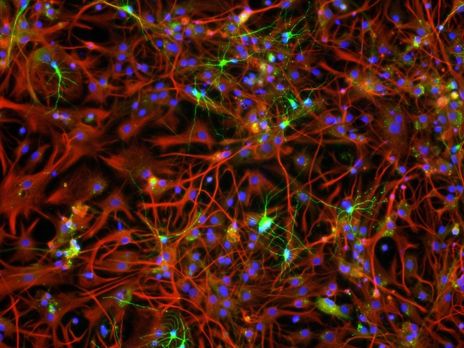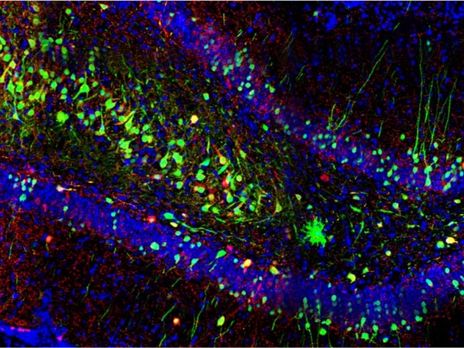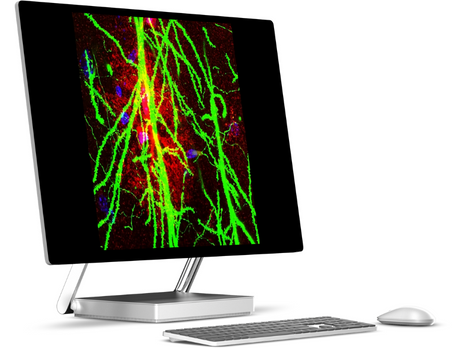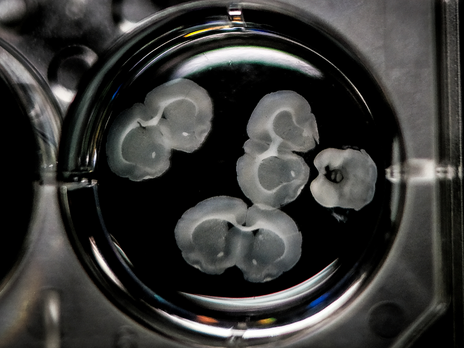Scientific Highlights
1 – 1st Prize of the 13th edition of the Young Entrepreneur Award sponsored by the Portuguese Association of Young Entrepreneurs (ANJE);
2 – CEO of the start-up company BNML – Behavioural & Molecular Braga, Portugal;
3 – Co-founder Member of the European College of NeuroPsychopharmacolgy (ECNP) Thematic Network on Resilience;
4 – Nature Research Award for Driving Global Impact; 2019 Brain Sciences, USA;
5 – Patent: Luisa Pinto, António Pinheiro, João Bessa, Mónica Morais, Nuno Sousa, “Immuno-Golgi as a tool for analyzing neuronal 3D-dendritic structure in phenotypically charaterized neurons”, National patent nº105555; European Patent n.º 12718746.6, N/Ref.: PPE 48174/13.
6 – Scientific publication: Martins-Macedo J., et al.(2024). Glial-restricted precursors stimulate endogenous cytogenesis and effectively recover emotional deficits in a model of cytogenesis ablation.Mol Psychiatry. Mar 7. https://doi.org/10.1038/s41380-024-02490-z
7 – Scientific publication: Silveira-Rosa, T., et al (2022). Suppression of adult cytogenesis in the rat brain leads to sex-differentiated disruption of the HPA axis activity. Cell Proliferation, Feb;55(2):e13165.
8 – Scientific publication: Loureiro-Campos, E., et al (2021). Constitutive AP2gamma deficiency reduces postnatal hippocampal neurogenesis, inducing anxious-like phenotype and memory impairments in juvenile mice that either persist or emerge during adulthood. eLife, 10:e70685;
9 – Scientific publication: Mateus-Pinheiro, A. and Patrício, P., et al (2021). Hippocampal cytogenesis abrogation impairs inter-regional communication between the hippocampus and prefrontal cortex and promotes the time-dependent manifestation of emotional and cognitive deficits. Molecular Psychiatry, Dec 26(12): 7154–66;
10 – Scientific Publication: Antunes C., et al (2021).Tet3 ablation in adult brain neurons increases anxiety-like behavior and regulates cognitive function in mice.Molecular Psychiatry, May;26(5):1445-1457.
















